Rudyard Kipling, born in India in 1865, embodied the spirit of British Imperialism during its peak. His life was a journey of incredible success and unimaginable sorrow, forever marked by the “stiff upper lip” of Victorian stoicism.
Early Years
Growing up in Bombay, Kipling was surrounded by the grandeur and diversity of the British Raj.
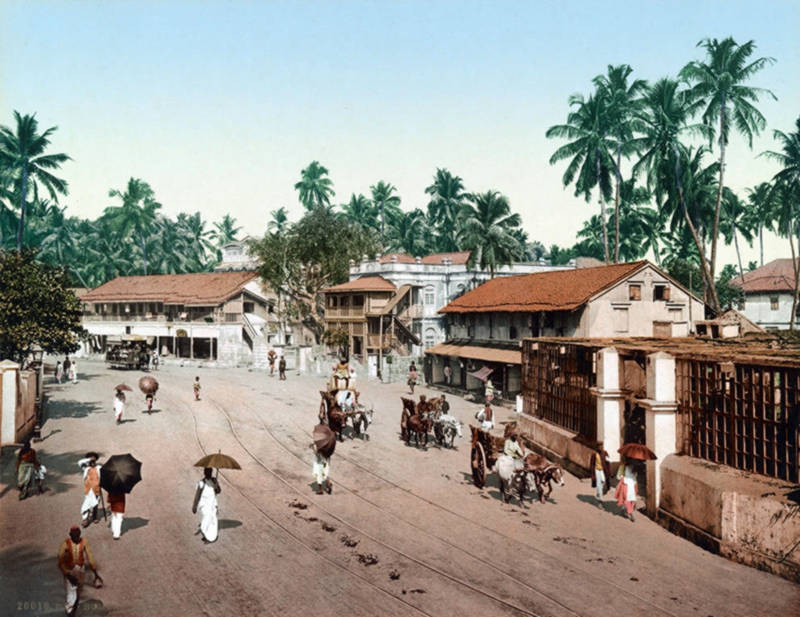
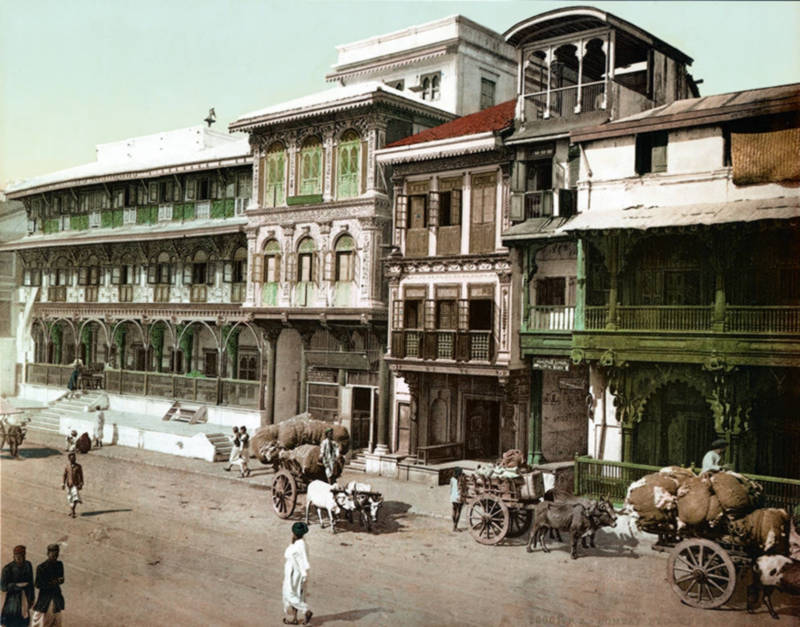
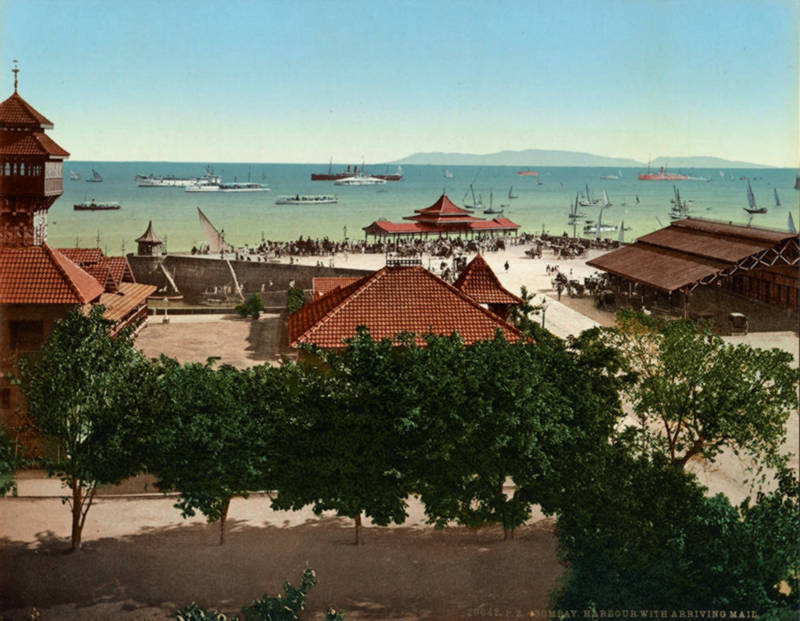
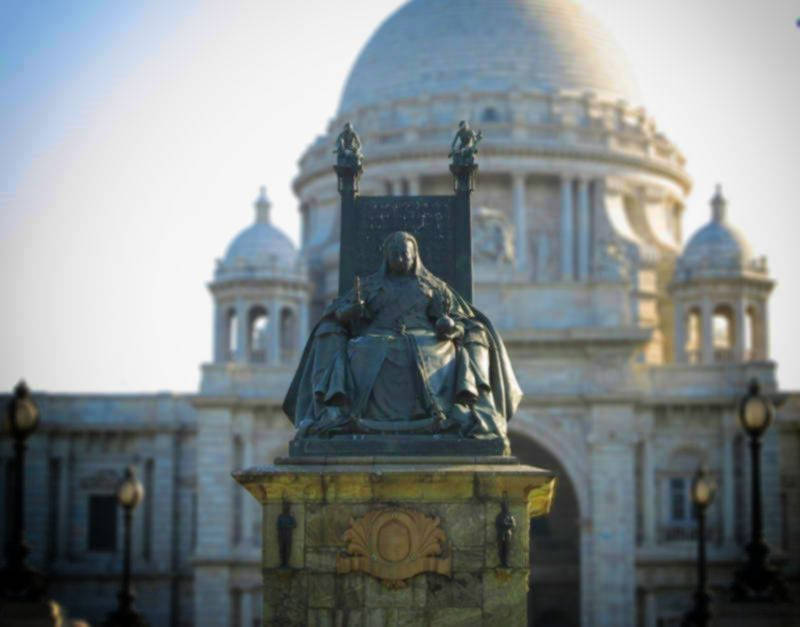
Yet, his idyllic childhood was shattered at the age of five when he and his sister were sent to a cruel boarding house in England. For six years they suffered cruelty and neglect at the hands of the evil Mrs Holloway of Lorne Lodge.
Relief came for one month every year when he and his sister visited their maternal Aunt in London. It was a paradise compared to Lorne Lodge.
When at last his mother returned from India to remove the children from Lorne Lodge, he was able to tell the story.
The experience instilled in him the importance of emotional control, a trait that would remain with him throughout his life.
Around the World
After a brief stint at school, Kipling returned to India to pursue his passion for writing. By the age of 24, he had already published several successful stories and embarked on a breathtaking journey around the world.

Kipling left India in March 1889, traveling to San Francisco via Rangoon (a region of Myanmar), Singapore, Hong Kong, and Japan.
After falling in love with a Geisha in Tokyo, he continued his journey through the United States, arriving first in San Francisco and traveling on to Portland OR, Seattle, Vancouver, Alberta, Yellowstone National Park, Salt Lake City, Omaha, Chicago, Beaver PA, Niagara Falls, Toronto, Washington D. C., New York, and Boston.
He stopped along the way to visit Mark Twain, arriving unannounced, but being fortunate enough to find Mr Twain at home and happy to put the world to rights over a few whiskeys.

Travelling inspired Kipling’s boundless imagination and laid the foundation for his future literary achievements.

Bliss and Tragedy
In Vermont, Kipling found his haven, building a home he called “Bliss Cottage.” Here, surrounded by his wife and daughters, he penned his most beloved works, including the Jungle Books. However, tragedy struck when his young daughter, Josephine, passed away from pneumonia.

This devastating loss left a permanent scar on Kipling’s soul, forcing him to confront the limitations of the “stiff upper lip.”
Poet of the Empire
As Kipling’s fame grew, so did his association with British Imperialism. He became known as the “Poet of the Empire,” writing poems like “The White Man’s Burden” that reflected the ideals and anxieties of the time. His unwavering support for the British cause during the Boer War further cemented this image.
Send forth the best ye breed—
Go, bind your sons to exile
To serve your captives’ need;
To wait, in heavy harness,
On fluttered folk and wild—
Your new-caught sullen peoples,
Half devil and half child.Rudyard Kipling.
Dreams and Nightmares
In 1902, Kipling purchased a 17th-century mansion called Bateman’s, a place he cherished for its peace and beauty. Here, he continued to write prolifically, achieving the pinnacle of his career.
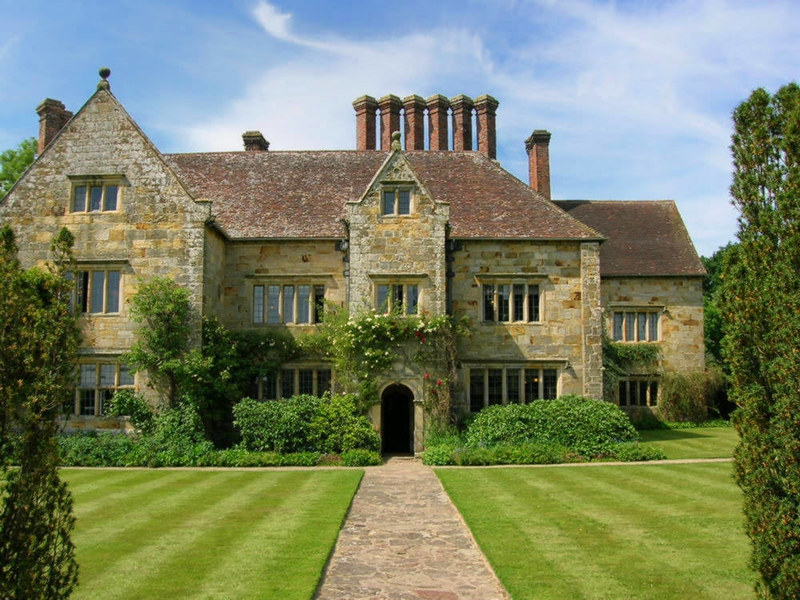
However, tragedy struck once again with the loss of his son, John, in the First World War. This profound loss left Kipling heartbroken and disillusioned.

The Scars of War
During the war, Kipling used his powerful pen to write propaganda for the British government.
He held a particularly strong contempt for any man who reneged on his duty to serve his country, calling them outcasts and a disgrace to their family’s name.

He viewed the war as a battle between good and evil, civilization and barbarity.
However, the loss of his son exposed the hollowness of jingoism and forced him to confront the true cost of war.
Tell them, because our fathers lied.Rudyard Kipling.
“My Boy Jack” by Rudyard Kipling… (Click to View)
“Have you news of my boy Jack?”
Not this tide.
“When d’you think that he’ll come back?”
Not with this wind blowing, and this tide.
“Has any one else had word of him?”
Not this tide.
For what is sunk will hardly swim,
Not with this wind blowing, and this tide.
“Oh, dear, what comfort can I find?”
None this tide,
Nor any tide,
Except he did not shame his kind —
Not even with that wind blowing, and that tide.
Then hold your head up all the more,
This tide,
And every tide;
Because he was the son you bore,
And gave to that wind blowing and that tide!
The Stiff Upper Lip and Its Limits
Kipling’s life was a testament to the complexities of the “stiff upper lip.” While it undoubtedly helped him navigate the trials of his life, it also prevented him from fully expressing his grief and reconciling with his losses. However, his poems like “If—” continue to inspire generations with their message of courage and resilience, even in the face of unimaginable hardship.
“If” by Rudyard Kipling… (click to view)
If you can meet with Triumph and Disaster
and treat those two impostors just the same
If you can keep your head when all about you
Are losing theirs and blaming it on you;
If you can trust yourself when all men doubt you,
But make allowance for their doubting too;
If you can wait and not be tired by waiting,
Or, being lied about, don’t deal in lies,
Or, being hated, don’t give way to hating,
And yet don’t look too good, nor talk too wise;
If you can dream—and not make dreams your master;
If you can think—and not make thoughts your aim;
If you can meet with triumph and disaster
And treat those two impostors just the same;
If you can bear to hear the truth you’ve spoken
Twisted by knaves to make a trap for fools,
Or watch the things you gave your life to broken,
And stoop and build ‘em up with wornout tools;
If you can make one heap of all your winnings
And risk it on one turn of pitch-and-toss,
And lose, and start again at your beginnings
And never breathe a word about your loss;
If you can force your heart and nerve and sinew
To serve your turn long after they are gone,
And so hold on when there is nothing in you
Except the Will which says to them: “Hold on”;
If you can talk with crowds and keep your virtue,
Or walk with kings—nor lose the common touch;
If neither foes nor loving friends can hurt you;
If all men count with you, but none too much;
If you can fill the unforgiving minute
With sixty seconds’ worth of distance run—
Yours is the Earth and everything that’s in it,
And—which is more—you’ll be a Man, my son!
A Legacy of Triumph and Tragedy
Rudyard Kipling was a man of contradictions: a champion of empire and a critic of its injustices, a master storyteller and a grieving father. His life and work serve as a reminder of the human capacity for both extraordinary achievements and profound suffering. Through his words, he continues to challenge us to confront the complexities of history, the limitations of stoicism, and the enduring power of love and loss.
